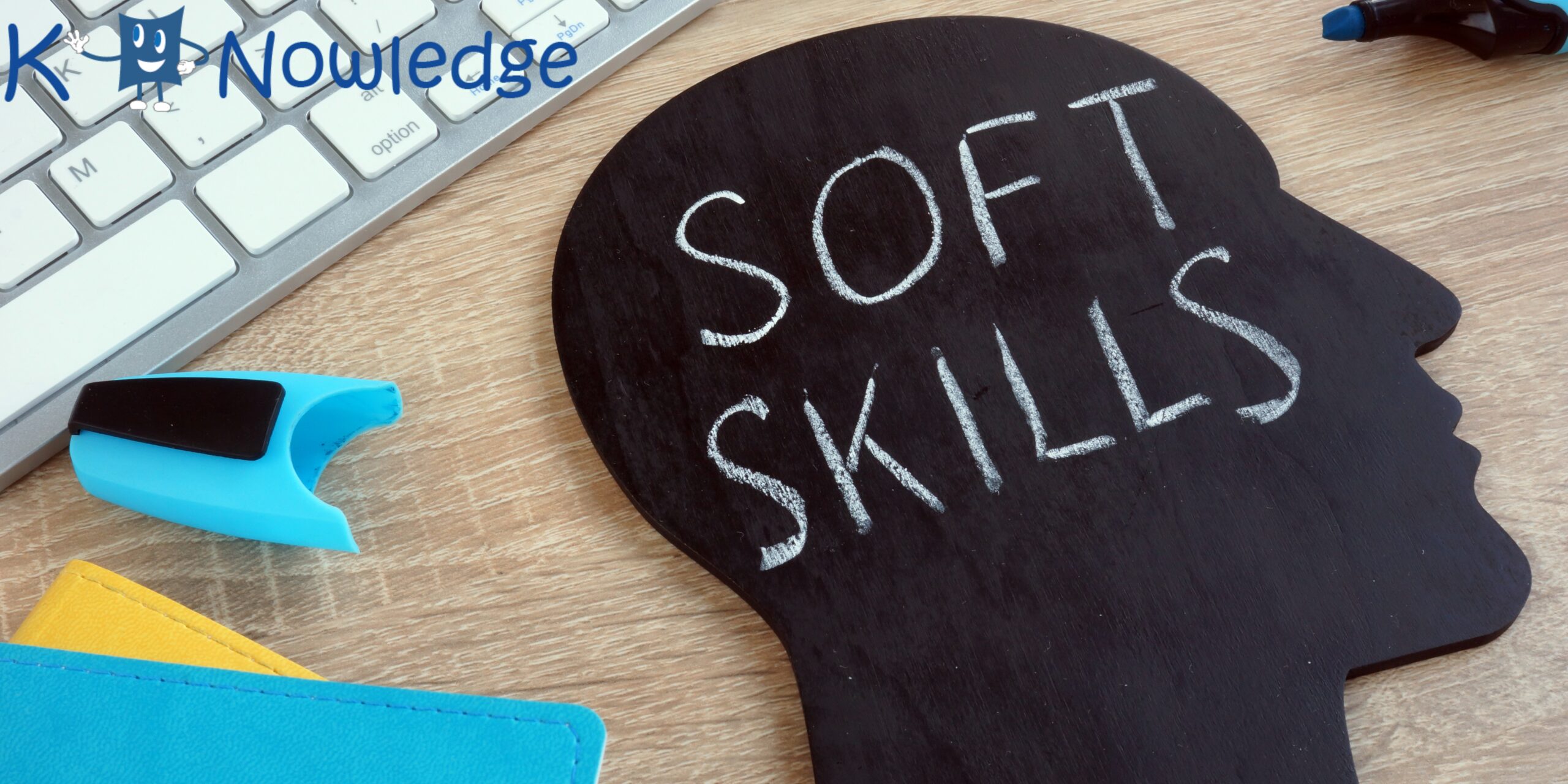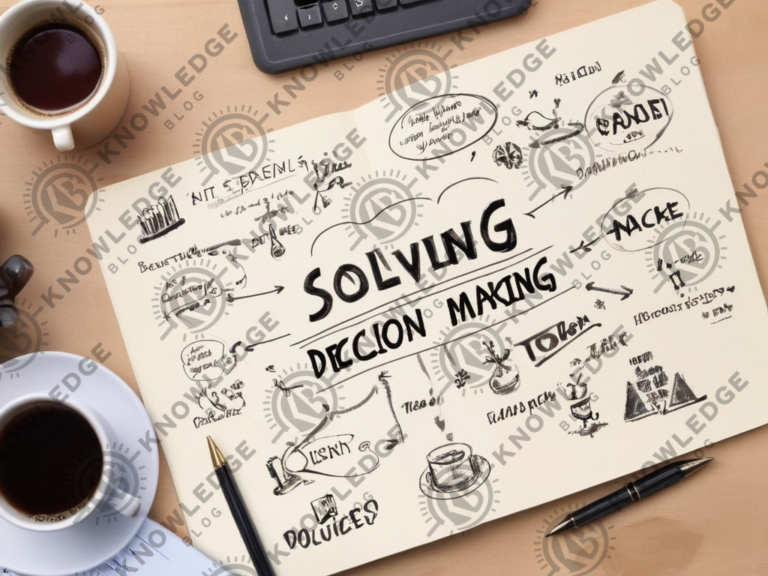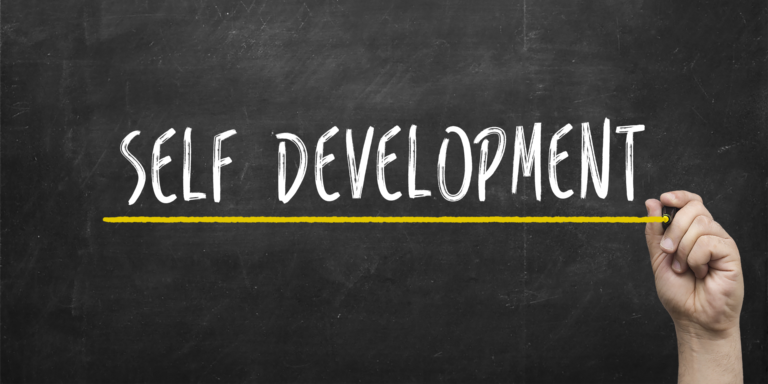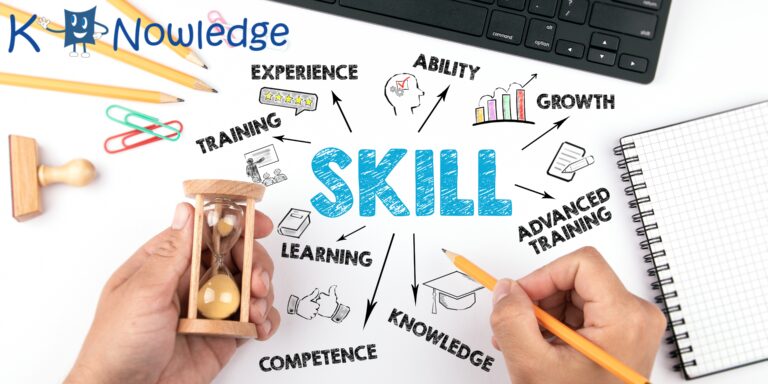Secrets to Soaring: The Best Soft Skills You Need Now

In today’s rapidly evolving world, technical skills alone aren’t enough to guarantee success. While hard skills might get you in the door, it’s your soft skills that will truly unlock your potential and propel you forward. These intangible qualities, encompassing everything from communication and teamwork to adaptability and leadership, are the invisible threads that weave together a fulfilling career and impactful personal life.
Why Soft Skills Matter More Than Ever
The work environment is experiencing significant changes. Automation and artificial intelligence are automating repetitive tasks, leaving a growing demand for human-centric skills like critical thinking, creativity, and emotional intelligence. Globalization has fostered interconnected workplaces, where intercultural communication and collaboration are essential for navigating diverse teams and markets. The rise of the gig economy, with its emphasis on freelance work and independent projects, underscores the importance of building trust and relationships with clients through strong soft skills.

The Impact of Soft Skills: Numbers Speak Volumes
Numerous studies have quantified the undeniable impact of soft skills on career success. A study by LinkedIn found that 75% of hiring managers consider soft skills to be more important than hard skills when evaluating candidates. Another study by the Center for Talent Innovation revealed that 90% of top performers possess strong soft skills. The payoff is evident in earnings as well, with employees with strong soft skills earning up to 12% more than their counterparts.
Unveiling the Top Soft Skills for Every Domain
So, what are the best soft skills to cultivate? While the specific mix may vary depending on your industry or role, some core skills stand out as universally valuable:
Communication Skills
- Active listening: The ability to truly hear and understand others, both verbally and nonverbally.
- Clear and concise writing: Expressing yourself effectively and persuasively in written communication.
- Effective public speaking: The ability to confidently and captivatingly deliver presentations or lead meetings.
Teamwork & Collaboration Soft Skill
- Empathy: Understanding and empathizing with the feelings of others, and considering other people’s points of view.
- Problem-solving: Working effectively with others to identify and solve problems collaboratively.
- Conflict resolution: Addressing disagreements constructively and finding mutually beneficial solutions.
- Shared responsibility: Holding yourself and others accountable for achieving team goals.
Adaptability & Flexibility Skill
- Openness to change: Embracing new ideas, methods, and technologies with a positive attitude.
- Willingness to learn: Continuously seeking new knowledge and skills to stay relevant.
- Embracing challenges: Viewing challenges as opportunities for growth and development.
Time Management & Organization Skill
- Prioritization: Effectively identifying and focusing on the most important tasks.
- Planning: Developing and adhering to effective plans and schedules.
- Meeting deadlines: Delivering work on time and within budget.
- Staying focused: Avoiding distractions and maintaining concentration on tasks.
Leadership & Influence Skill
- Motivation: Inspiring and motivating others to achieve their full potential.
- Delegation: Assigning tasks effectively and empowering others to take ownership.
- Decision-making: Making sound and timely decisions, even in challenging situations.
- Inspiring others: Creating a positive and productive work environment that fosters collaboration and innovation.
Honing Your Skills: A Practical Guide to Soft Skill Development
The good news is that soft skills are not fixed traits – they can be learned and developed through dedicated effort. And this is a roadmap to begin your journey:
1. Self-Assessment Skill
The first step is to identify your existing strengths and areas for improvement. Reflect on past experiences, seek feedback from trusted peers or mentors, and take personality or skills assessments to gain a deeper understanding of your soft skill profile.
2. Continuous Learning
Adopt a mindset focused on growth and dedicate yourself to continuous learning. Explore online courses, workshops, books, podcasts, and other resources dedicated to soft skill development. Consider joining professional organizations or attending industry events to connect with like-minded individuals and expand your knowledge base.
3. Real-World Practice of Any Soft Skill
Don’t just learn – apply what you know in practical ways! Volunteer for projects or organizations that allow you to practice specific soft skills. Take on challenging tasks at work, step outside your comfort zone, and actively seek opportunities to collaborate with diverse teams.
4. Feedback and Mentorship
Seek constructive feedback from peers, mentors, or coaches who can provide objective insights into your strengths and areas for improvement. Participate in 360-degree feedback exercises at work or find a mentor willing to offer guidance and support. Remember, feedback is a gift, so embrace it with an open mind and a willingness to learn.
5. Building a Portfolio:
Don’t just tell people about your soft skills – show them! Build a portfolio that showcases your accomplishments and experiences where you’ve effectively utilized soft skills. This could include case studies of successful projects, testimonials from clients or colleagues, or evidence of leadership roles you’ve held. Utilize online platforms like LinkedIn or your personal website to share your portfolio and demonstrate the value you bring to the table.
Remember: Soft skill development is an ongoing journey, not a destination. Don’t rush the journey. Take your time, stay focused on your goals, and relish the victories, no matter how small.
Source : Knowledge Blog






